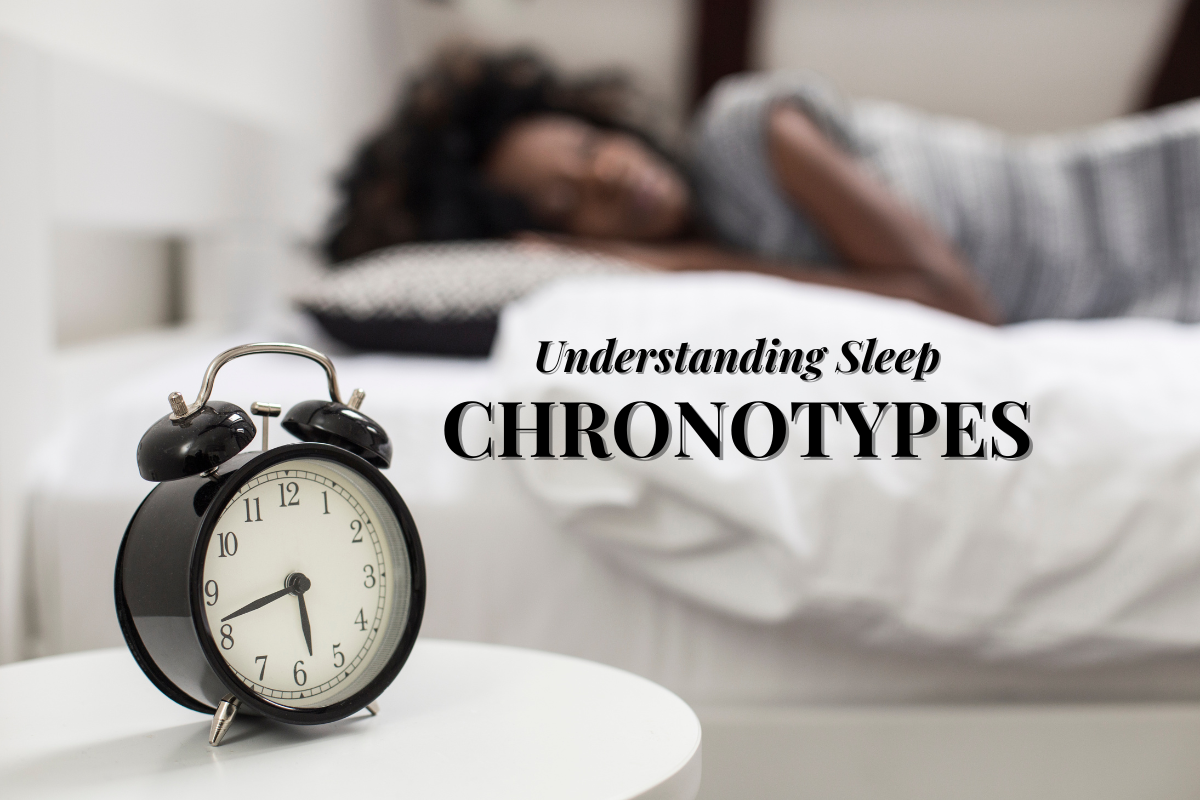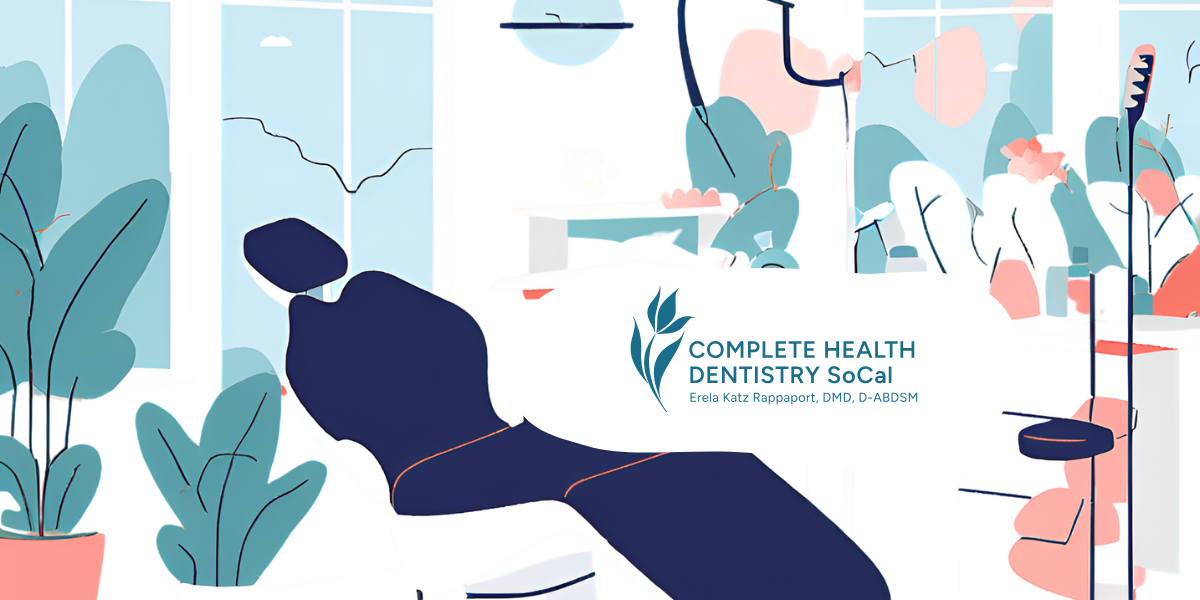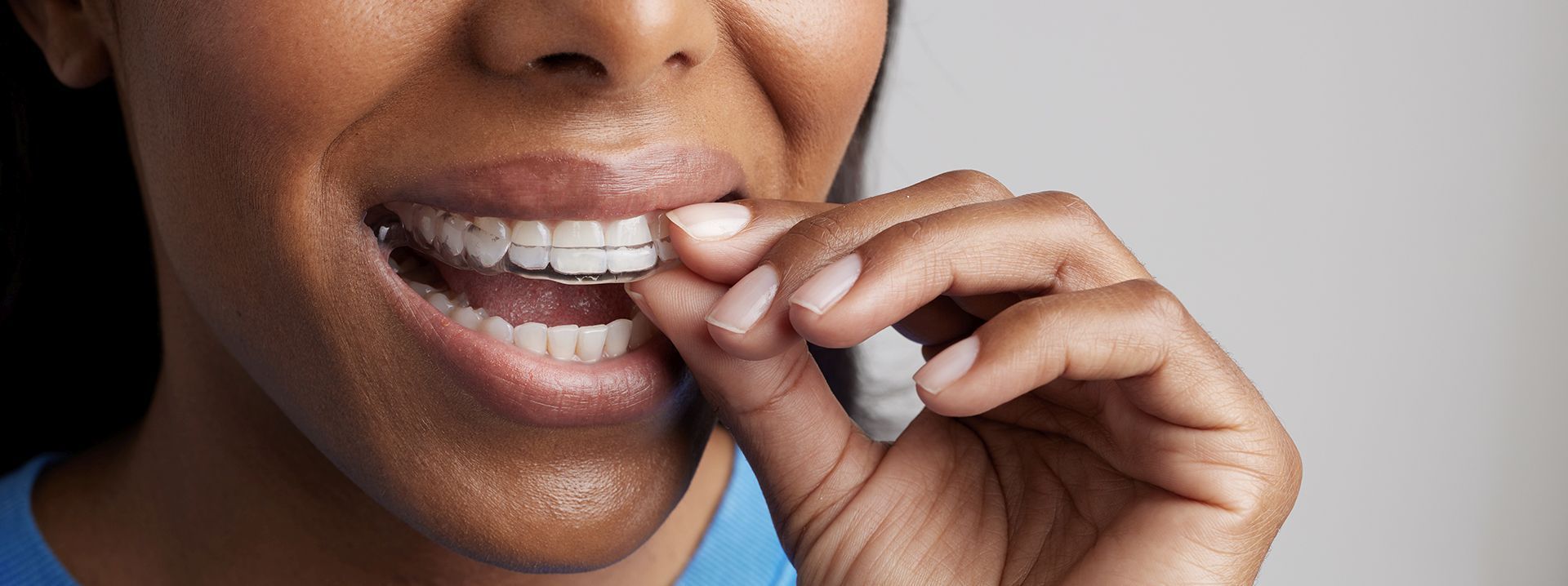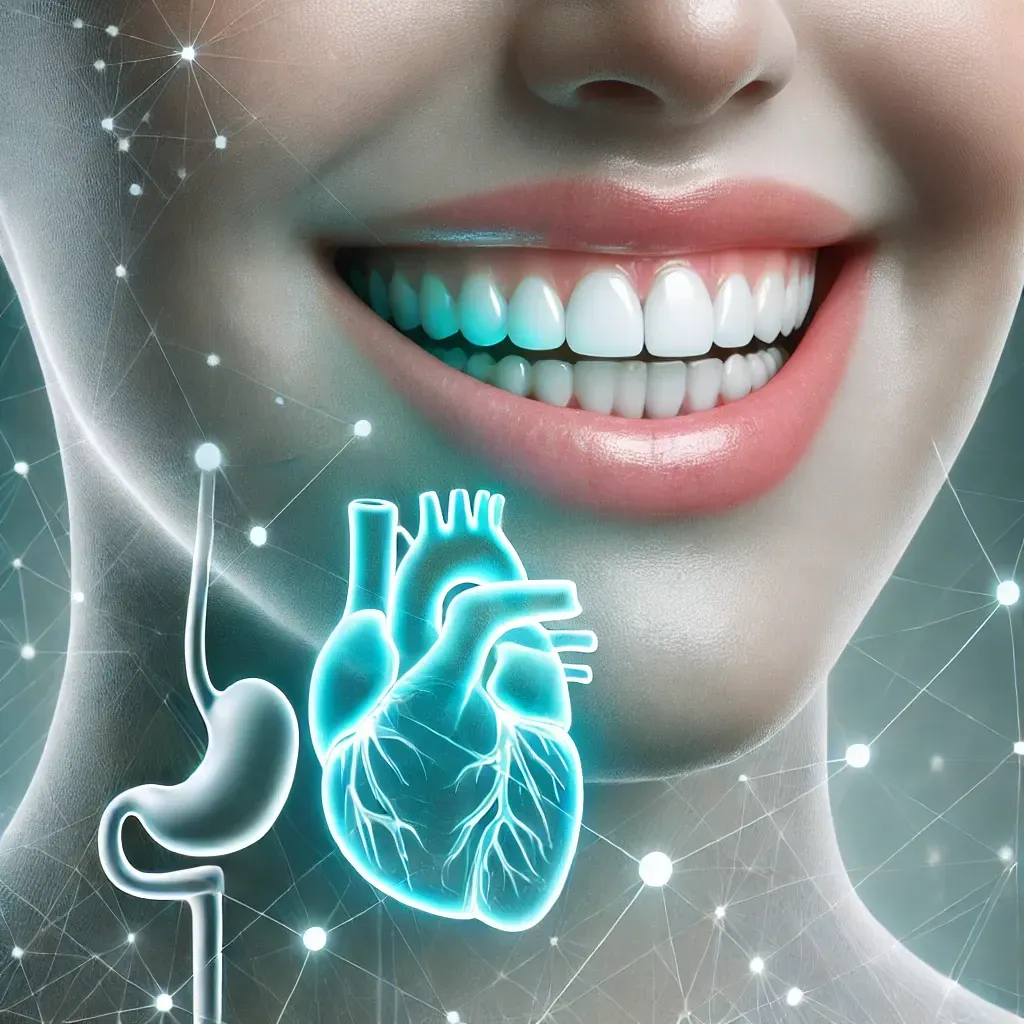The Difference Between Snoring and Sleep Apnea: When to Get Help
Snoring can be a nuisance, but it’s often harmless. However, for some people, snoring may be a sign of a more serious condition: obstructive sleep apnea (OSA). While snoring and sleep apnea are related, they are not the same, and understanding the difference is crucial for your health.
In this blog post, we’ll explore the key differences between snoring and sleep apnea, the health risks of untreated OSA, and when it’s time to seek help.
What Causes Snoring?
Snoring happens when airflow through the mouth or nose is partially obstructed, causing the tissues in your throat to vibrate. Common causes include:
- Nasal congestion or allergies
- Sleeping on your back
- Alcohol consumption before bed
- Obesity, which can narrow the airway
For most people, snoring is a harmless (though sometimes disruptive) condition. But if snoring is loud, persistent, and accompanied by other symptoms, it could indicate sleep apnea.
What Is Sleep Apnea?
Obstructive sleep apnea is a sleep disorder in which the airway becomes blocked during sleep, stopping breathing for brief periods. Unlike simple snoring, OSA has serious health implications and requires treatment.
Signs of Sleep Apnea
- Loud snoring, often punctuated by gasps or choking sounds
- Excessive daytime fatigue
- Difficulty concentrating or memory problems
- Morning headaches or dry mouth
- Restless sleep or frequent awakenings
Key Differences Between Snoring and Sleep Apnea
| Feature | Snoring | Sleep Apnea |
|---|---|---|
| Breathing Stops? | No | Yes, multiple times per night |
| Associated Symptoms | Noise disruption only | Fatigue, headaches, memory issues |
| Health Risks | Minimal | High (heart disease, stroke, etc.) |
| Treatment Needed? | Sometimes (e.g., lifestyle changes) | Yes (e.g., CPAP, oral appliance) |

Why It’s Important to Address Sleep Apnea
While snoring may not affect your health, untreated OSA can lead to serious complications, including:
- Heart Disease: OSA increases the risk of high blood pressure, heart attack, and arrhythmias.
- Stroke: Interrupted oxygen flow can contribute to the risk of stroke.
- Cognitive Decline: Sleep apnea is linked to memory problems and dementia.
- Chronic Fatigue: Poor sleep quality impacts your energy, mood, and productivity.
When to Seek Help
It’s time to consult a healthcare provider if you experience:
- Loud snoring that affects your or your partner’s sleep
- Gasping, choking, or pauses in breathing during sleep
- Daytime fatigue, even after a full night’s rest
- Trouble concentrating or mood changes
How Your Dentist Can Help
Dentists trained in dental sleep medicine are uniquely positioned to identify and treat sleep apnea. They can evaluate your airway and provide solutions like oral appliance therapy, a comfortable and effective alternative to CPAP machines for many patients.
Final Thoughts
Snoring may seem like a minor annoyance, but it can signal a more serious condition like sleep apnea. Early diagnosis and treatment are essential for improving your sleep, protecting your health, and enhancing your quality of life.
If you’re concerned about snoring or suspect you have sleep apnea, schedule a consultation with our office today. We offer at-home sleep testing and customized treatment options to help you breathe and sleep better.


Hours & Address
Mon - Wed: 8:00am - 5pm
Thu: 9am - 1pm
Sat: Appointment Only
15706 Pomerado Road Suite 205 Poway, CA, 92064
Navigation Links
Hours & Address
Mon - Wed: 8:00am - 5pm
Thu: 9am - 1pm
Sat: Appointment Only
15706 Pomerado Road Suite 205 Poway, CA, 92064
Navigation Links
Hours & Address
Monday: 8 AM - 6 PM
Tuesday: 7 AM - 5 PM
Wednesday: 8 AM - 5 PM
Thursday: 7 AM - 3:30 PM
Friday: 9 AM - 5 PM
Sat: Appointment Only
15706 Pomerado Road Suite 205 Poway, CA, 92064
Navigation Links
Hours & Address
Navigation Links
Hours & Address
Monday: 8 AM - 6 PM
Tuesday: 7 AM - 5 PM
Wednesday: 8 AM - 5 PM
Thursday: 7 AM - 3:30 PM
Friday: 9 AM - 5 PM
Sat: Appointment Only
Navigation Links
© 2024 All Rights Reserved | Complete Health Dentistry of SoCal










